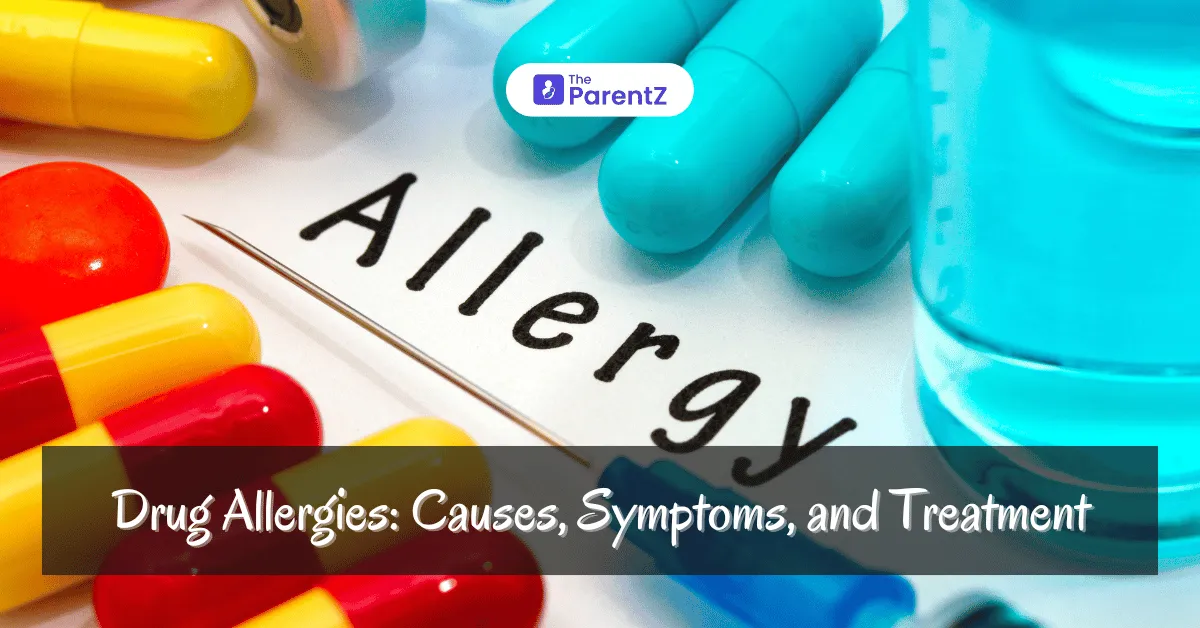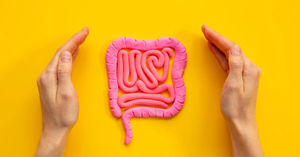If you ever noticed you felt worse instead of better after taking a medication, perhaps you’re suffering from drug allergies. In fact, millions of people are impacted by drug allergies worldwide, which makes it a significant medical concern globally. And this allergic response triggers several symptoms that may be mild rashes or certain severe reactions.
Read this article to learn about drug allergies, their causes, symptoms, and possible treatments.
What Are Drug Allergies?
A drug allergy typically occurs when the immune system mistakenly identifies a medication as harmful and overreacts to it. The side effects are predictable; on the other hand, allergies are quite unpredictable and might include an immune response. While it can affect anyone, it is more likely to occur in people who have a genetic history of drug allergies or are experiencing other kinds of allergies too. In fact, according to a study, almost 5-10 percent of adverse drug reactions are due to true drug allergies.
Causes of Drug Allergies
Some of the common causes that trigger drug allergies include
Antibiotics
Penicillin and other similar drugs are a common reason behind 90 percent of all drug allergies.
Pain Relievers
Nonsteroidal anti-inflammatory drugs (NSAIDs), such as aspirin and ibuprofen, also trigger allergic responses.
Vaccines
Although reactions as a response to vaccines are quite rare, they can still occur due to components such as preservatives or egg proteins.
Anticonvulsants
Medications for epilepsy, such as carbamazepine or phenytoin, are also potential allergy triggers.
Symptoms of Drug Allergies
From mild to severe, it typically takes a few minutes to a few days to notice symptoms due to drug allergies. Here are some common symptoms of drug allergies:
- Skin rash, itching, or hives
- Swelling of the lips, tongue, or face
- Difficulty in breathing (in severe cases)
- Wheezing
- Dizziness
In severe cases, the symptoms may include
- Drop in blood pressure
- Loss of consciousness
- Rapid or weak pulse
Diagnosis and Treatment
Drug allergies can be diagnosed by analyzing family history and conducting some medical tests, including skin and blood tests. Once confirmed, the best approach is to discontinue the drug causing the reaction.
For relief, the doctor may recommend certain medications such as antihistamines to reduce itching and rashes and corticosteroids for inflammation and swelling. In severe situations such as anaphylaxis, epinephrine is induced.
In circumstances where the drugs are medically essential, desensitizing is recommended by a gradual increase in dosage under medical supervision, which can make your body tolerate the medication.
Takeaway
Drug allergies can easily be managed by being a little cautious and taking the right precautions. After all, your health is your top priority, and so is understanding the causes, symptoms, and treatments of drug allergies; it is your first step towards reducing the risk of allergic responses to certain allergens. If you notice severe reactions, immediately visit your doctor.








Be the first one to comment on this story.